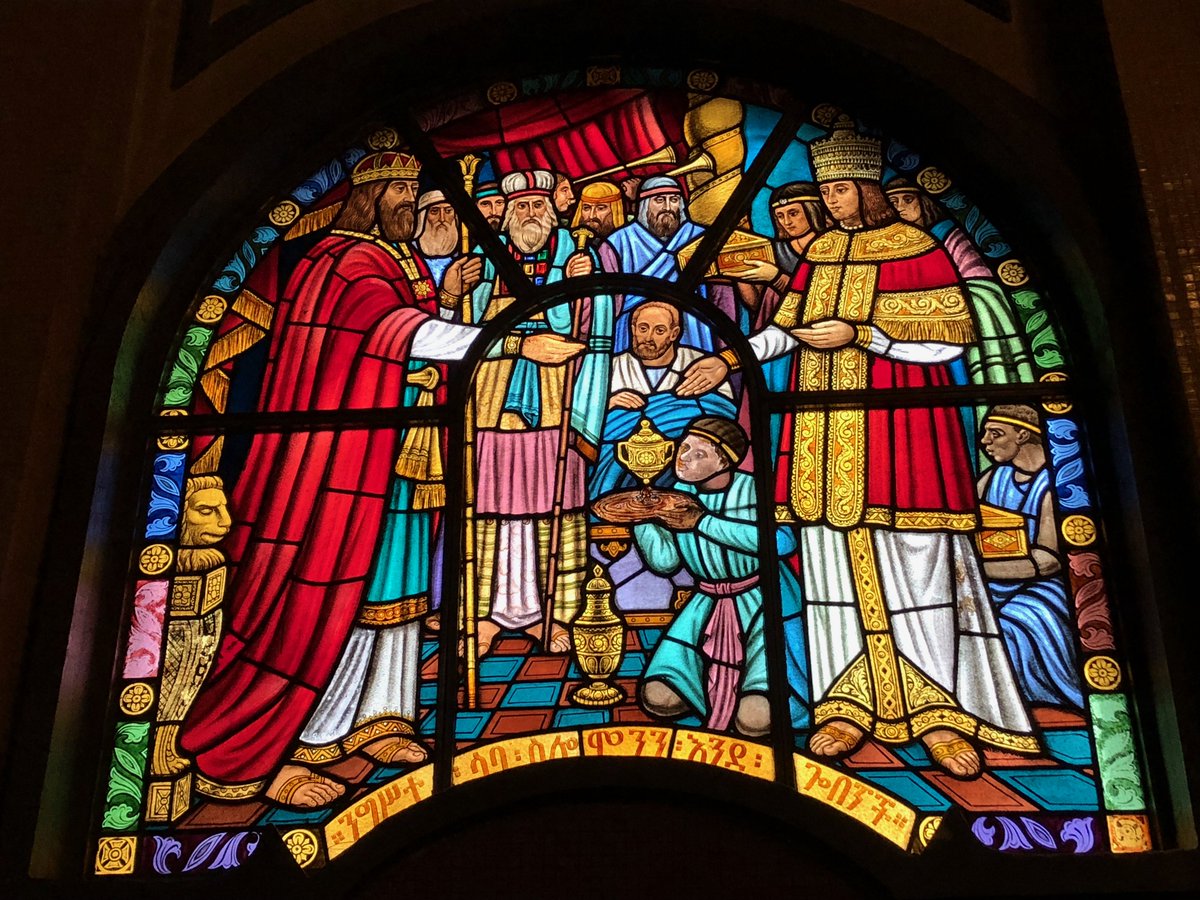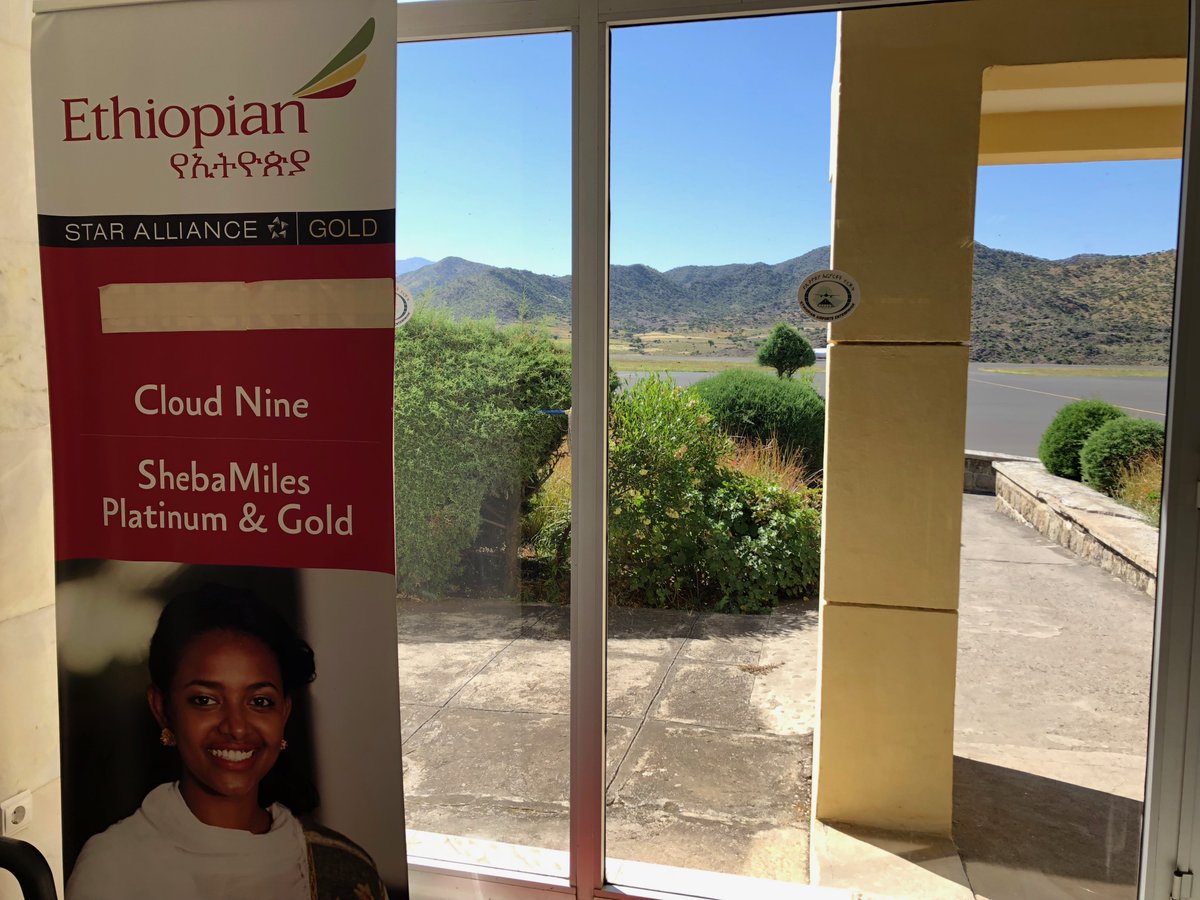What we need is a high profile, properly funded public health campaign, but perhaps more than that we need ...
A lot of talk about NHS comms
I’m not sure sure that showing pictures on the news of busy ICUs or Ambulance queues will convince the naysayers and covid deniers of anything
They would still say it was staged or a hoax
Of course we need robust and honest information
What we need is a high profile, properly funded public health campaign, but perhaps more than that we need ...
Everyone says they love the NHS - show it by following advice
One thing I never did was to forget it was a hospital/clinic/etc and patients were at the centre of it all
Talking to all staff about any media access is important, you would probably be surprised at how many would say “we have a job to do saving lives - can’t you take the journalists somewhere else”
I said “we should let a camera crew in”
The next week was spent reassuring patients that their local hospital wasn’t unsafe and they should still go to A&E in an emergency
So I am not and never will be in the “no access” camp, I just wanted to put out the some of the difficulties and problems that can arise
A busy NHS trust was coming under increasing pressure and the A&E department was extremely busy and yes ambulance waiting and 'unloading times were increasing, measures kicked in to divert ambluances
No one likes doing it and it can increase pressures on ambulance service, but properly planned it works
We were open with the media and senior clinicians were interviewed to explain why
The local, regional experienced health journalists media handled it well and ...
Then the phone call from the CEO... "have you seen the
The journalist who wrote the story hadn't contacted the Trust, the imagery the headline and story conjured up was shocking and tbh wrong!
Experienced A&E staff were in tears
Months of working to convince people that proactive comms with media was in tatters
We couldn't go into too much detail because real people and familes were involved, the confidentiality of those who died...
Eventually a journalist sat down with us and listened, the trolleys were actually expensive A&E beds that had the same facilitities as the beds in A&E cubicles
Where did the original story come from... we didn't have an inquiry, we didn't blame anyone, the A&E staff got on with their jobs and the ambulance service got on with theirs
The hospital was 'in shock'
Months later a locum member of staff said he had
Whether that is true doesn't matter, but after that it was made clear by senior A&E clinicians and other managers that the rule was "No Media In A&E"
More from Health
To start with, atheism is an unnatural self-contradicting doctrine.
Medical terminology proves that human beings are naturally pre-disposed to believe in God. Oxford scientists assert that people are "born believers".
https://t.co/kE0Fi588yn
https://t.co/OqyXcGIMJn

It should be known that atheism could never produce an intelligently-functioning society and neither ever will.
Contrastingly, Islam produced several intellectuals & polymaths, was on the forefront of scientific development, boasting 100% literacy
If the Muslim world had not existed, there literally would be no technology/achievements today.
— Starks\u262a\ufe0f\U0001f1f9\U0001f1e9 (@MegaIntelIect) January 8, 2021
Science only developed because of Islam, Europe should be grateful to Islam for civilizing their barbaric cult.
Source: The Caliph's Splendor, Pg 204-05 https://t.co/HVypO52Tpc pic.twitter.com/00jYSbaDSs
It is also scientifically proven that atheism led to lesser scientific curiosity and scientific frauds, which is also why atheists incline to pseudo-science.
Whereas, religion in general and Islam in particular boosted education.
https://t.co/19Onc84u3g

Atheists are also likely to affected by pervasive mental and developmental disorders like high-functioning autism.
Cognitive Scientists and renowned Neurologists found that more atheism is leads to greater autism.
https://t.co/zRjEyFoX3P

You May Also Like
I'll begin with the ancient history ... and it goes way back. Because modern humans - and before that, the ancestors of humans - almost certainly originated in Ethiopia. 🇪🇹 (sub-thread):
The famous \u201cLucy\u201d, an early ancestor of modern humans (Australopithecus) that lived 3.2 million years ago, and was discovered in 1974 in Ethiopia, displayed in the national museum in Addis Ababa \U0001f1ea\U0001f1f9 pic.twitter.com/N3oWqk1SW2
— Patrick Chovanec (@prchovanec) November 9, 2018
The first likely historical reference to Ethiopia is ancient Egyptian records of trade expeditions to the "Land of Punt" in search of gold, ebony, ivory, incense, and wild animals, starting in c 2500 BC 🇪🇹

Ethiopians themselves believe that the Queen of Sheba, who visited Israel's King Solomon in the Bible (c 950 BC), came from Ethiopia (not Yemen, as others believe). Here she is meeting Solomon in a stain-glassed window in Addis Ababa's Holy Trinity Church. 🇪🇹

References to the Queen of Sheba are everywhere in Ethiopia. The national airline's frequent flier miles are even called "ShebaMiles". 🇪🇹

These setups I found from the following 4 accounts:
1. @Pathik_Trader
2. @sourabhsiso19
3. @ITRADE191
4. @DillikiBiili
Share for the benefit of everyone.
Here are the setups from @Pathik_Trader Sir first.
1. Open Drive (Intraday Setup explained)
#OpenDrive#intradaySetup
— Pathik (@Pathik_Trader) April 16, 2019
Sharing one high probability trending setup for intraday.
Few conditions needs to be met
1. Opening should be above/below previous day high/low for buy/sell setup.
2. Open=low (for buy)
Open=high (for sell)
(1/n)
Bactesting results of Open Drive
Already explained strategy of #opendrive
— Pathik (@Pathik_Trader) May 27, 2020
Backtested results in 30 stocks and nifty, banknifty.
Success ratio : approx 40-45%
RR average 1:2
Entry as per strategy
Stoploss = Open level
Exit 3:15 PM Or SL
39 months 14 months -ve, 25 +ve
Yearly all 4 years +ve performance. pic.twitter.com/nGqhzMKGVy
2. Two Price Action setups to get good long side trade for intraday.
1. PDC Acts as Support
2. PDH Acts as
So today we will discuss two more price action setups to get good long side trade for intraday.
— Pathik (@Pathik_Trader) June 20, 2020
1. PDC Acts as Support
2. PDH Acts as Support
Example of PDC/PDH Setup given
#nifty
— Pathik (@Pathik_Trader) June 23, 2020
This is how it created long setup by taking support at PDC.
hopefully shared setup on last weekend helped. pic.twitter.com/2mduSUpMn5

























